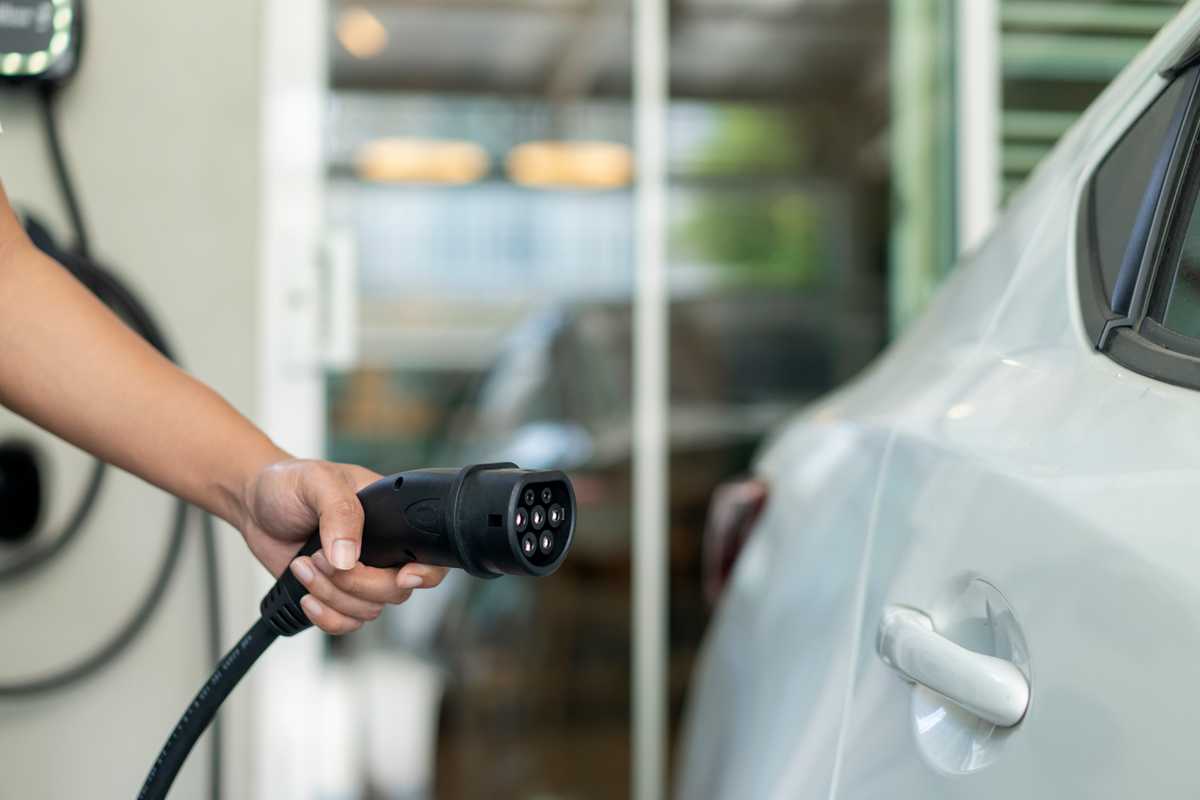In today’s world where energy conservation is not just a choice but a necessity, it’s essential to know some simple yet effective ways to save energy. Not only does it help in reducing our environmental footprint, but it can also help you save money.
Here, we’re going to cover 7 straightforward tips that can help you conserve energy in your daily life.
Mindful Lighting
One of the easiest ways to start saving energy is by being mindful of our lighting habits. It’s as simple as switching off lights when you leave a room. You’d be surprised how much energy and money you can save with this small habit.
But that’s not all!
You can also consider replacing traditional incandescent bulbs with LED lights. LEDs are more energy-efficient and have a longer lifespan, meaning less waste and more savings in the long run.
Also, installing solar panels is one of the best solutions for saving energy.
Smart Thermostat Use
Heating and cooling can account for a significant portion of your energy bill. A smart thermostat can be a game-changer here.
These devices adjust the temperature based on your schedule and preferences, ensuring that you’re not heating or cooling an empty house. Moreover, lowering your thermostat during winter by just one degree can reduce your heating bill by about 2%.
It’s all about finding that sweet spot where comfort and conservation meet.
Use of Efficient Appliances
When it’s time to replace or buy new appliances, opting for energy-efficient models can make a big difference. Look for the Energy Star label – it’s a government-backed symbol for energy efficiency.
These appliances use less energy to perform the same tasks as their less efficient counterparts, which can lead to significant energy and cost savings over time.
Unplug and Save
Many electronic devices and appliances consume energy even when they’re turned off. This is known as phantom load or standby power.
Unplugging devices like chargers, televisions, and computers when not in use can reduce this unnecessary energy drain. Alternatively, using a power strip and turning it off can help manage multiple devices easily.
Insulation and Draft Proofing
A well-insulated home is key to energy conservation. Proper insulation in walls, attics, and floors keeps your home warm in winter and cool in summer, reducing the need for excessive heating or cooling.
Additionally, sealing drafts around doors and windows can prevent heat loss, further enhancing energy efficiency.
Conserve and Save Water
Saving energy isn’t just about electricity. Being mindful of how we use water can also lead to significant energy savings.
Simple actions like fixing leaky faucets, taking shorter showers, and using cold water for laundry can make a difference. Also, consider installing low-flow showerheads and toilets, which reduce water usage without compromising performance.
Embrace Natural Solutions
Harnessing natural elements can significantly contribute to energy conservation. During the day, open curtains and blinds to let in natural light instead of using artificial lighting. Sunlight not only illuminates your space but can also warm it during cooler months.
Conversely, in warmer months, use shades or curtains to block direct sunlight, reducing the need for air conditioning.
Planting trees or shrubs near windows can also provide natural shade and insulation, creating a more energy-efficient home environment
Every Bit Counts
Remember that every small step towards energy conservation counts. By incorporating these tips into your daily routine, you not only save energy and money but also contribute to a healthier planet.
It’s about making conscious choices and understanding that our actions, no matter how small, can have a significant impact. Let’s embrace these simple habits and make energy conservation a part of our lifestyle.
After all, a journey of a thousand miles begins with a single step, and every kilowatt saved is a step towards a sustainable future.

